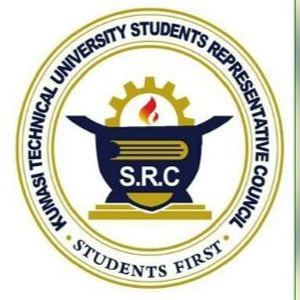The decline on the part of government to give Technical Universities an autonomous role and clearance to begin offering a straightaway four-year Degree programme is largely affecting technical Universities and contributing to low patronage by applicants, SRC President for Kumasi Technical University Amos Kwarteng has indicated.
According to Amos Kwarteng, the myriads of challenges faced by Technical Universities in Ghana is a clear portrait of government’s intention to worsen the situation of institutions with unnecessary sections in the technical Universities ( Amendment) Bill, 2017.
He made this disclosure during a press briefing in relation to the current strike action of lectures as a result of the Technical University Amendment Bill 2017, stating that the proposed amendment which seeks to take away the autonomy enjoyed by the Technical Universities is government’s intention to remote-control technical Universities in Ghana.
“The government and the minister of Education should be very careful of where they are leading Ghana education to. Perhaps the Minister responsible for the sector should avert his mind to the resolution of the 1997 general conference of UNESCO on management of tertiary institutions,” he strongly advised.
The amendment bill which is currently before parliament seeks to grant powers to the National Council for Tertiary Education to perform functions which fall within the purview of the governing councils, Academic Boards and the principal officers of the technical Universities.
The Bill makes the provisions for the National Council for Tertiary Education to approve the establishment, variation and supervision of academic divisions, schools, faculties, Institutes, Departments, Centres and Hostels by Technical Universities.
According to Kumasi Technical University President Amos Kwarteng, Technical Universities ought to be given the necessary autonomy to run just like the traditional universities to meet international best practices of the autonomy of higher educational institutions.
‘Why should a tertiary institution considered to train graduates to meet the manpower needs of the nation cannot operate on its own unless a recourse to the National Council for Tertiary Education,’ he questioned, adding that ‘…we are not denying the fact that the National Council for Tertiary Education act as a supervisory body of Tertiary Education in Ghana but government is now trying to make the NCTE a pseudo council for Technical Universities which will tie the hands of these institution to execute their mandate property’.
He has therefore called on government to address their concerns as soon as possible.
General News of Thursday, 8 March 2018
Source: ultimatefmonline.com













